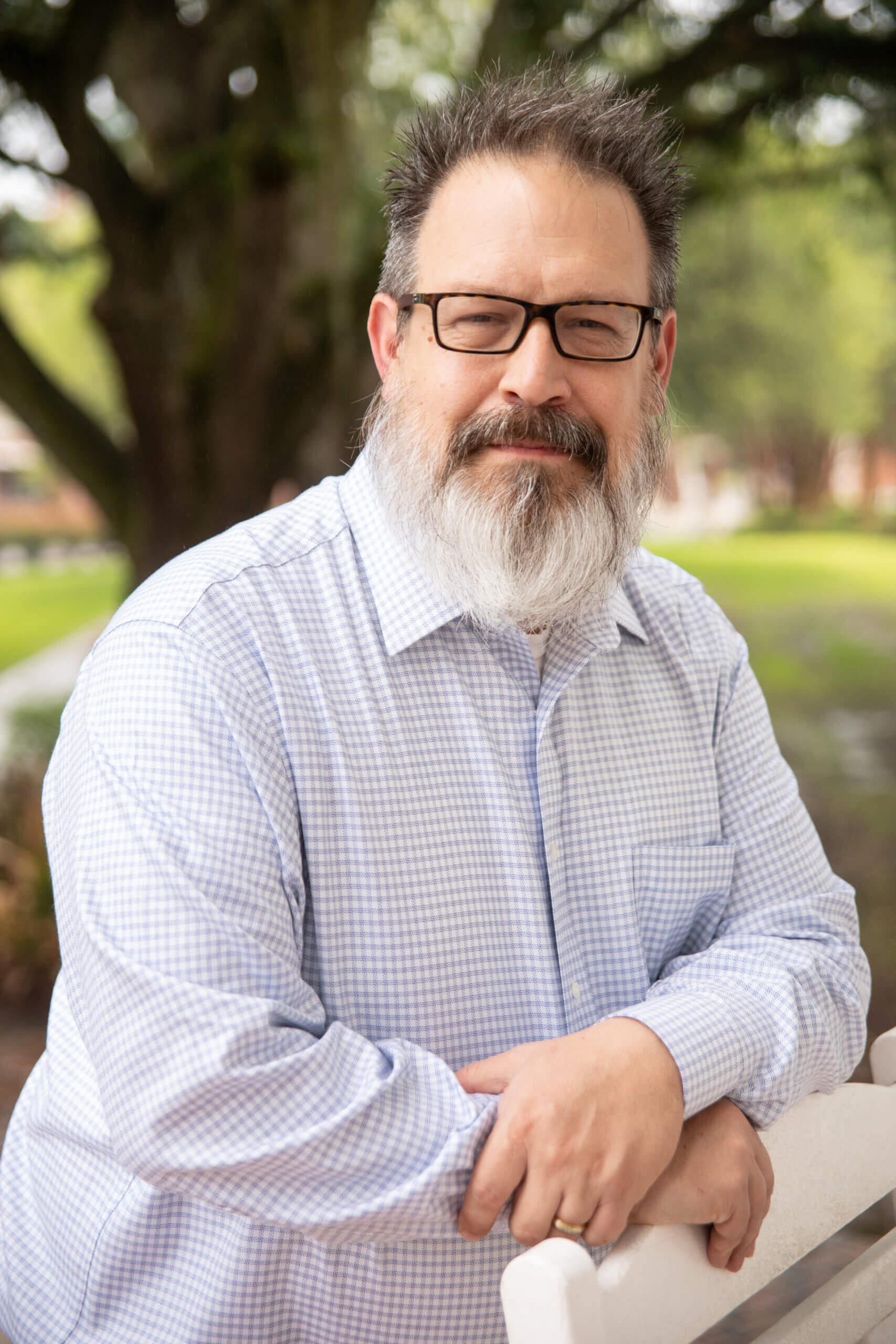If you live in Jacksonville, Florida, and are concerned about estate planning, it is essential to understand the differences between a will and a trust. Without either in place, your assets will pass to your heirs based on Florida’s laws of intestacy. This legal mechanism determines how assets are distributed when a person dies without a will or trust.
Without proper estate planning, you cannot prepare for taxes and expenses, and your heirs may struggle to determine who receives which assets. Additionally, if you have no qualifying relatives, your assets may escheat to the state of Florida. Working with an experienced estate planning attorney at Tupper Law, P.A. can help you avoid these complications and secure your family’s future.
What Is a Will?
A will is a legal document that outlines your wishes regarding the distribution of your assets and the appointment of an executor upon your death. It designates an executor to manage your estate, specifies how debts will be paid, and distributes the remaining assets to designated heirs. Many people also name an alternate executor to take over if the original appointee cannot fulfill their duties. A will may include specific bequests to friends and relatives and must comply with Florida estate planning laws. Once a will is filed with the probate court, it becomes a public document.
What Is a Trust?
A trust is a legal entity that takes effect while you are still alive, allowing you to manage and distribute assets efficiently. Trusts are often referred to as living trusts because they become operational immediately upon creation. A trust is managed by a trustee instead of an executor, and a successor trustee can take over if the original trustee is unable to serve. Assets are transferred into the trust for distribution upon death, and the people designated to receive assets are beneficiaries. Trusts avoid probate, which reduces court fees and delays.
There are two main types of trusts. A revocable trust allows you to maintain control over assets and make changes during your lifetime. An irrevocable trust, on the other hand, locks in assets once they are transferred, providing tax benefits and eligibility for certain government aid programs.
Key Differences Between a Will and a Trust
While wills and trusts serve similar purposes, they have crucial distinctions. One of the main differences is the probate process. A will must go through probate, which adds time and expenses, whereas a trust avoids probate, allowing for quicker distributions. Privacy is another factor, as a will becomes a public document when filed with the court, while a trust remains private and keeps your estate details confidential.
Trusts also offer more flexibility. A will only takes effect upon death, whereas a trust can be structured to activate immediately, at death, or upon incapacity. Additionally, a trust provides asset protection, shielding funds from creditors and allowing for long-term management of funds for beneficiaries with special needs. A will, however, provides direct distributions, which may not offer the same level of control and security.
Contact Our Jacksonville Estate Planning Attorney
Planning your estate with the right legal tools ensures your loved ones are cared for and your assets are distributed according to your wishes. The experienced estate planning attorneys at Tupper Law, P.A. in Jacksonville will guide you through the process and tailor a plan to fit your unique needs. Call us today to schedule a consultation and secure your financial legacy.

